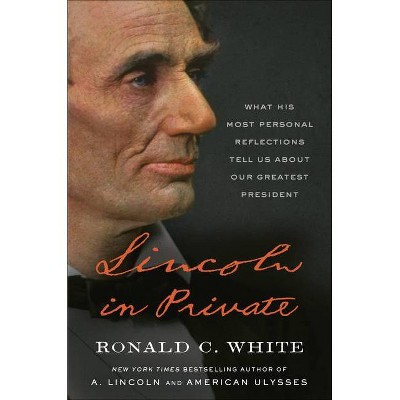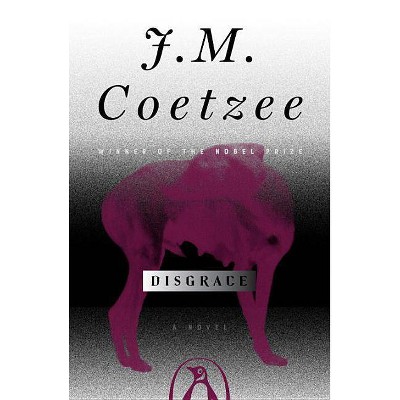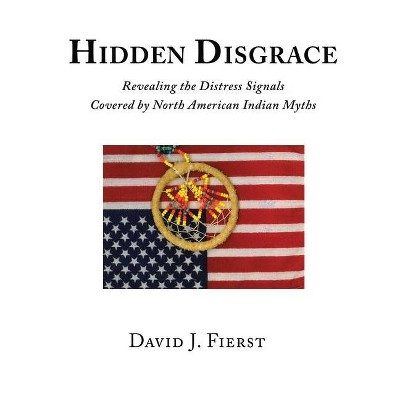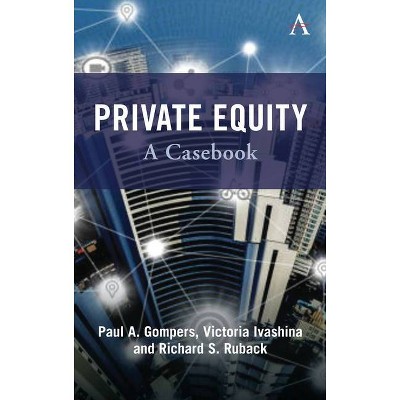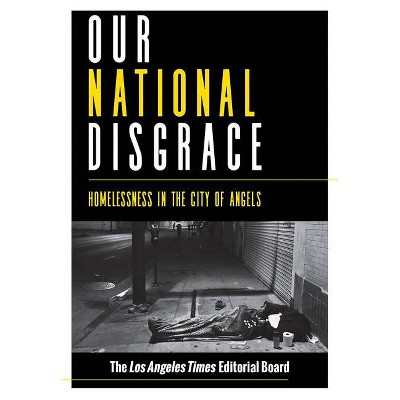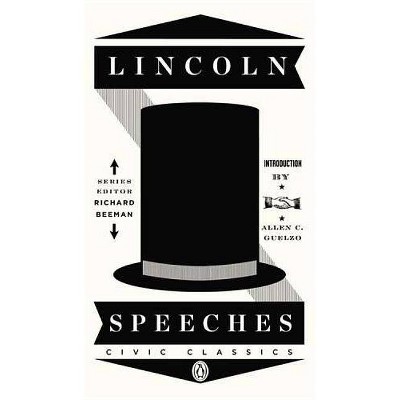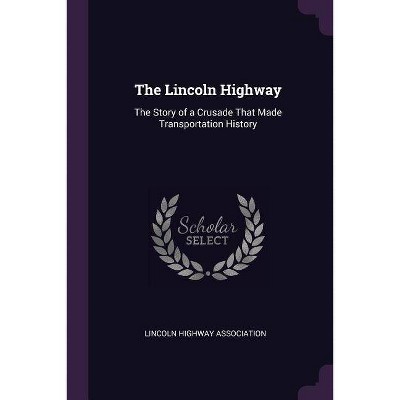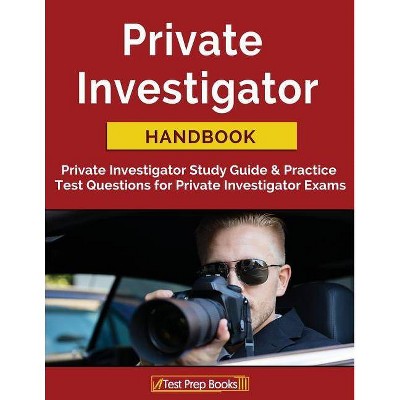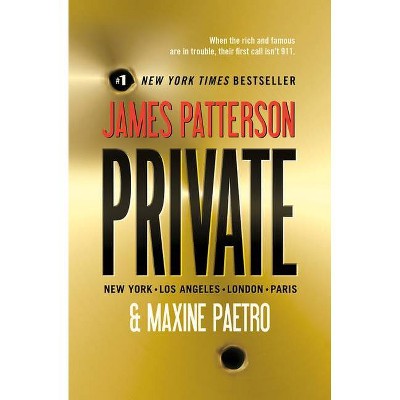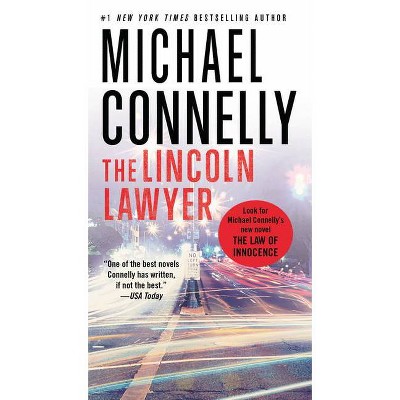A Private Disgrace - by Victoria Lincoln (Paperback)
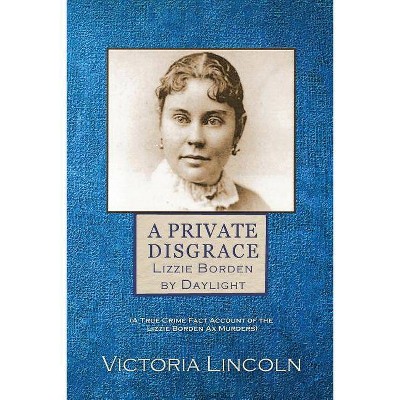
Similar Products
Products of same category from the store
AllProduct info
<p/><br></br><p><b> About the Book </b></p></br></br>"A Private Disgrace" is the single best account of the ghastly murders which took place in Fall River, Massachusetts on August 14, 1892.<p/><br></br><p><b> Book Synopsis </b></p></br></br><p><em>Lizzie Borden took an axe, <br /> And gave her mother forty whacks, <br /> When she saw what she had done, <br /> She gave her father forty-one...</em></p><p><strong>Lizzie Andrew Borden</strong> (b.1860 - d.1927) was tried and acquitted in the 1892 axe murders of her father and stepmother in Fall River, Massachusetts. Media coverage of the case created a furor throughout the United States reminiscent of the Rosenberg, Claus von Bulow and O.J. Simpson trials. No other suspect was ever charged with the double homicide, and speculation on the case continues to this day.</p><p>The case is curious because there was no physical evidence linking Lizzie to the murder. The broken axe the police found in the basement was clean of blood and the police refused to use forensic testing for fingerprints (a science then in its infancy). The defense raised evidence that Andrew Borden was a hard businessman who had made many enemies. On the other hand, the atmosphere in the Borden household was tense, Lizzie resented her stepmother, she was prone to mental instability, and she had purchased poison a few days before the murders which police suspected was the cause of food poisoning. There was a financial motive: Lizzie was upset her father had transferred property she was due to inherit to other family members. And then there was the 'paint stained' dress Lizzie burned three days after the murder...</p><p>In March 2012, the handwritten journals of one of Lizzie's defense attorneys, Andrew Jennings, finally came to light. The journals, which contain newspaper clippings and notes Jennings made <em>at the time of trial </em>indicate he felt Lizzie was innocent. However, in later years there was tension between Lizzie and Jennings. Once the trial was over, Jennings cut off any mention of it with a firm statement that he preferred not to discuss it. The sudden disappearance of the Borden maid back to Ireland always cast a shadow over the characters of Lizzie's three attorneys, and Lizzie resented their whopping $25,000 legal bill (an ungodly sum of money back in 1893). Attorney's get <em>paid </em>to believe their clients are innocent, and Lizzie's three lawyers got paid better than most.</p><p>Although there are many books written on the double homicide and subsequent murder trial, <em>A Private Disgrace </em>is far and above the most readable. Victoria Lincoln was a professional writer who grew up in Fall River, near Lizzie Borden. As the daughter of a family that produced machinery for the cotton mills that were the foundation of Fall River's economy, Miss Lincoln grew up acutely aware of the social distinctions, manners and mores of the society to which the Bordens belonged and in which Lizzie's trial took place. This first-hand knowledge, combined with her painstaking research, make her unique among writers about the case.</p><p>Lincoln's hypothesis in 1967 that Lizzie suffered from a form of temporal lobe epilepsy is widely disregarded - such symptoms would more likely be attributed to mental illness today - and recently uncovered documents may indicate that some of the "facts" on which Miss Lincoln relied were, in fact, gossip. Even so, she makes a convincing - and entertaining - argument for Lizzie's guilt.</p><p><strong>BEST FACT CRIME WORK OF THE YEAR [1967]<br /> Edgar Winner<br /> --<em>Mystery Writers of America</em></strong></p><p> </p><p/><br></br><p><b> Review Quotes </b></p></br></br><br><p>BEST FACT CRIME WORK OF THE YEAR [1967]<br /> Edgar Winner<br /> --<em>Mystery Writers of America</em></p><p> </p><p>..". a splendid big book ... a model of murder study, in research and in writing; and it gives back to us our most beloved murderess."</p><p>--Anthony Boucher<br /> <em>The New York Times Book Review</em></p><p> </p><p>"The story of Lizzie Borden and the murders of her father and stepmother has become an odd if minor cultural phenomenon ... That in the proper hands it can still make an arresting story that generates its own tensions (even though we know how it comes out) can be seen from this retelling of the case by Victoria Lincoln ... It is a tribute to her handling of the story that she can give us the facts without destroying the mystery."</p><p>--Thomas Lask<br /> <em>The New York Times</em></p><p> </p><p>"The result does much more than provide a wholly convincing solution. Her remarkable portrait of a mill town and its people makes us see the passions of classic tragedy -- love and hate -- expressing themselves, in New England's Indian summer, as passionate greed and equally passionate propriety."</p><p><em>--The New Yorker</em></p><br>
Price History
Price Archive shows prices from various stores, lets you see history and find the cheapest. There is no actual sale on the website. For all support, inquiry and suggestion messagescommunication@pricearchive.us
